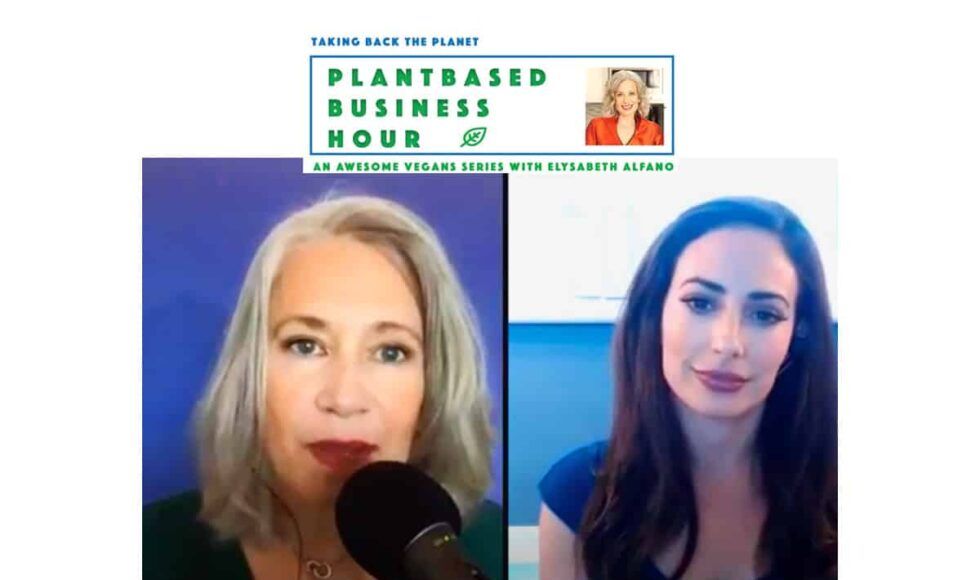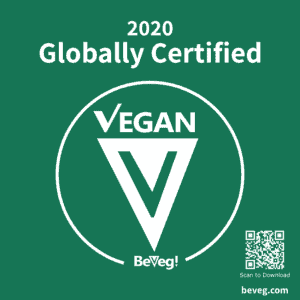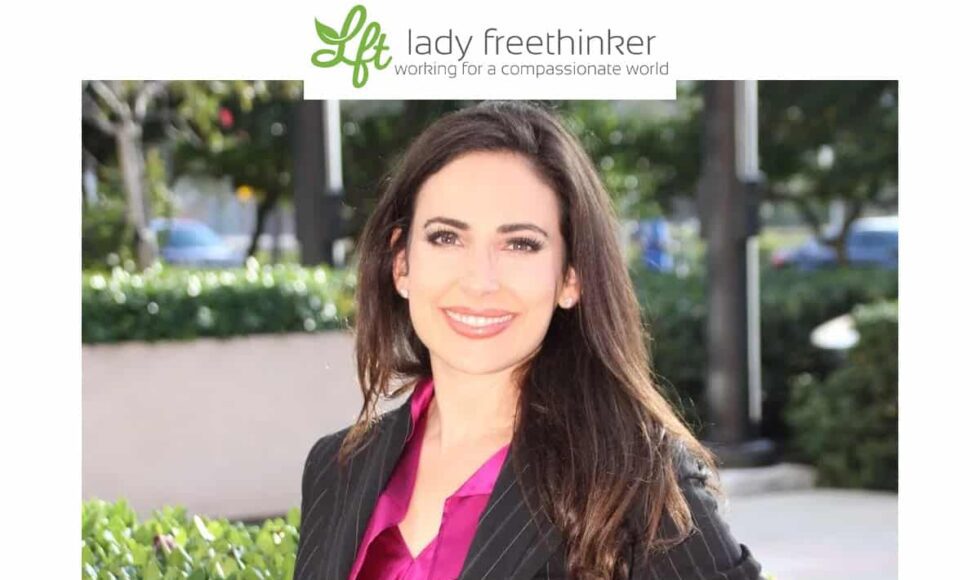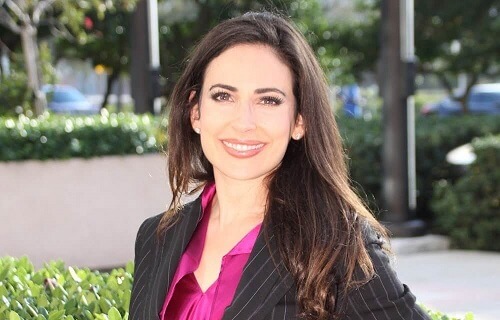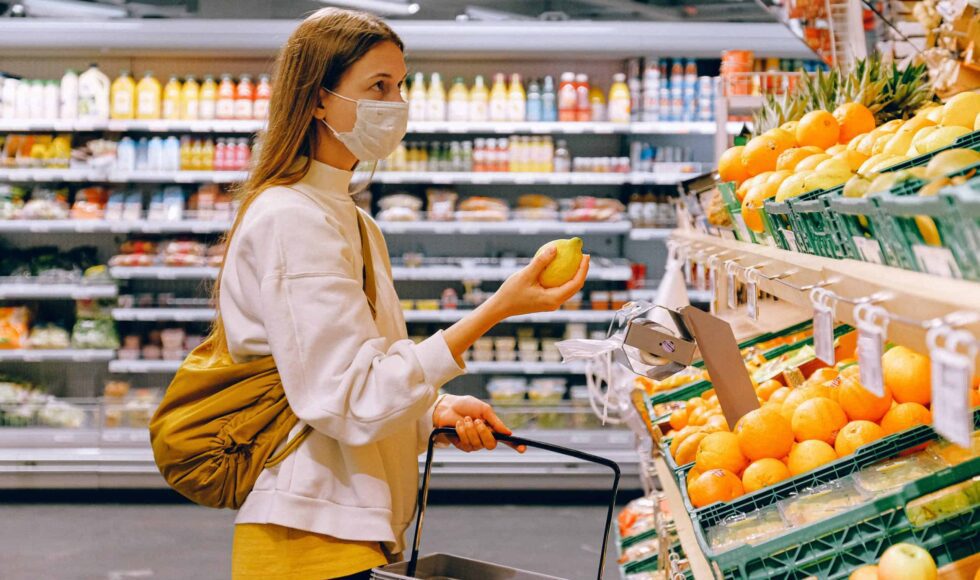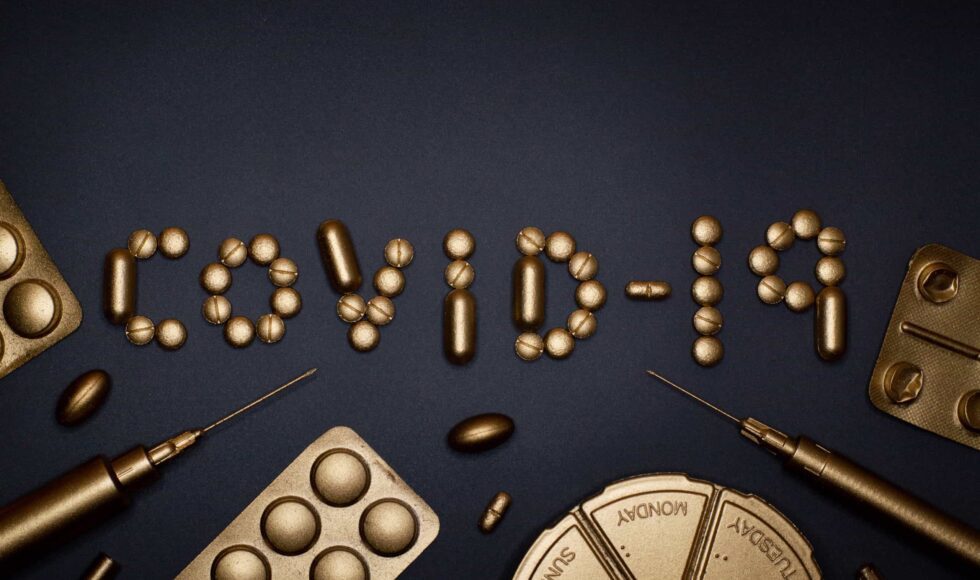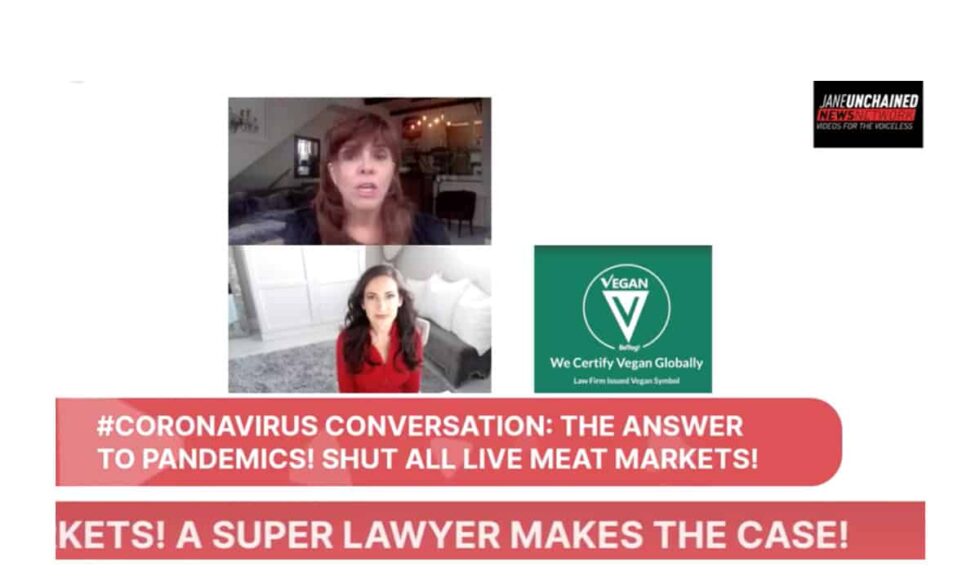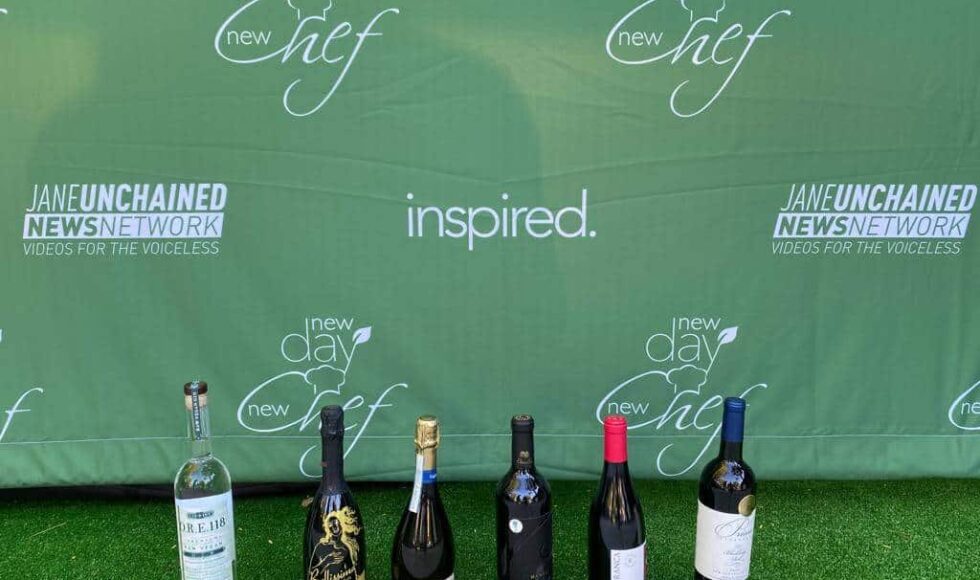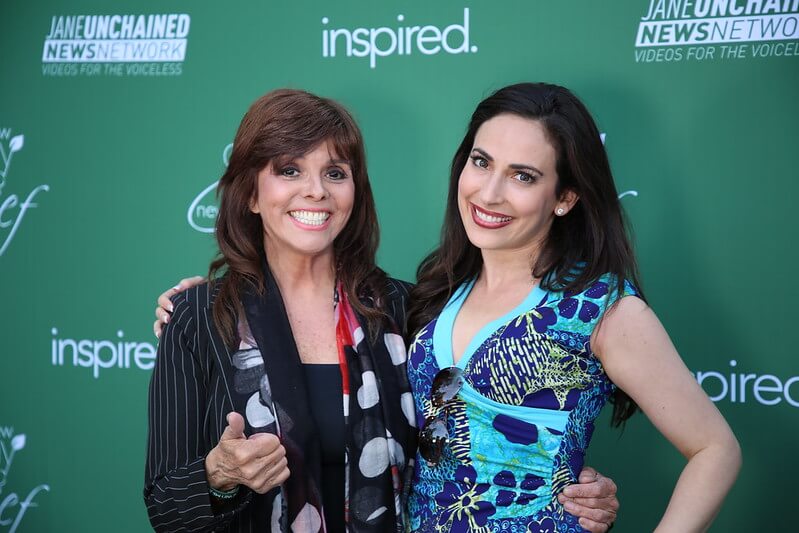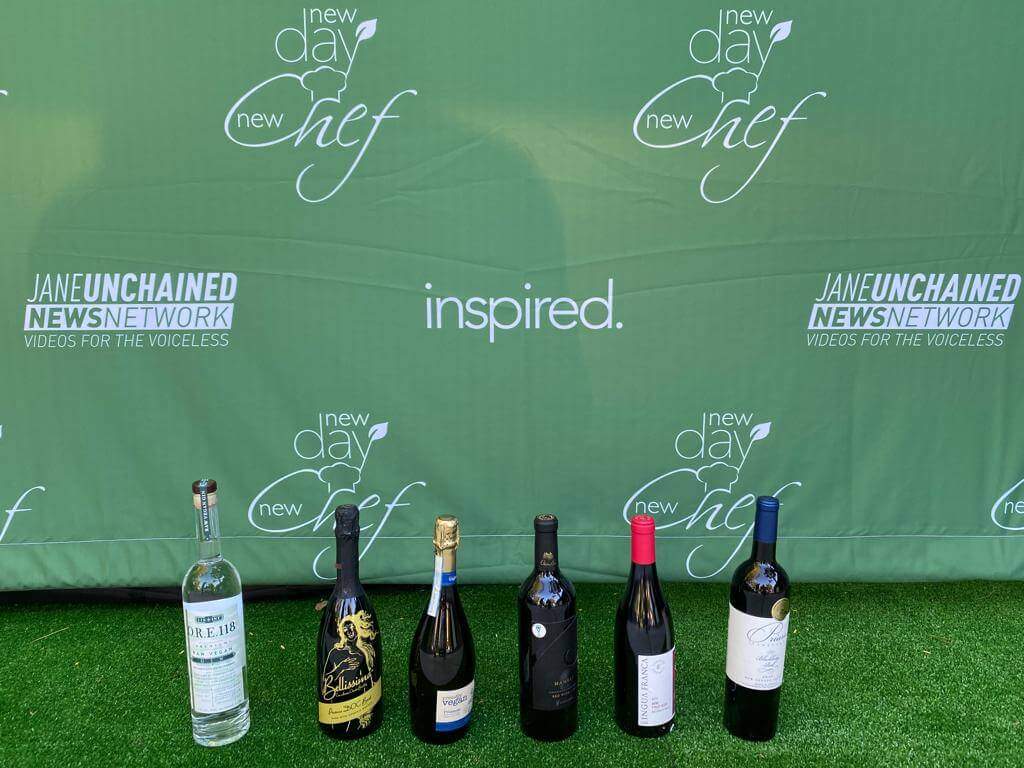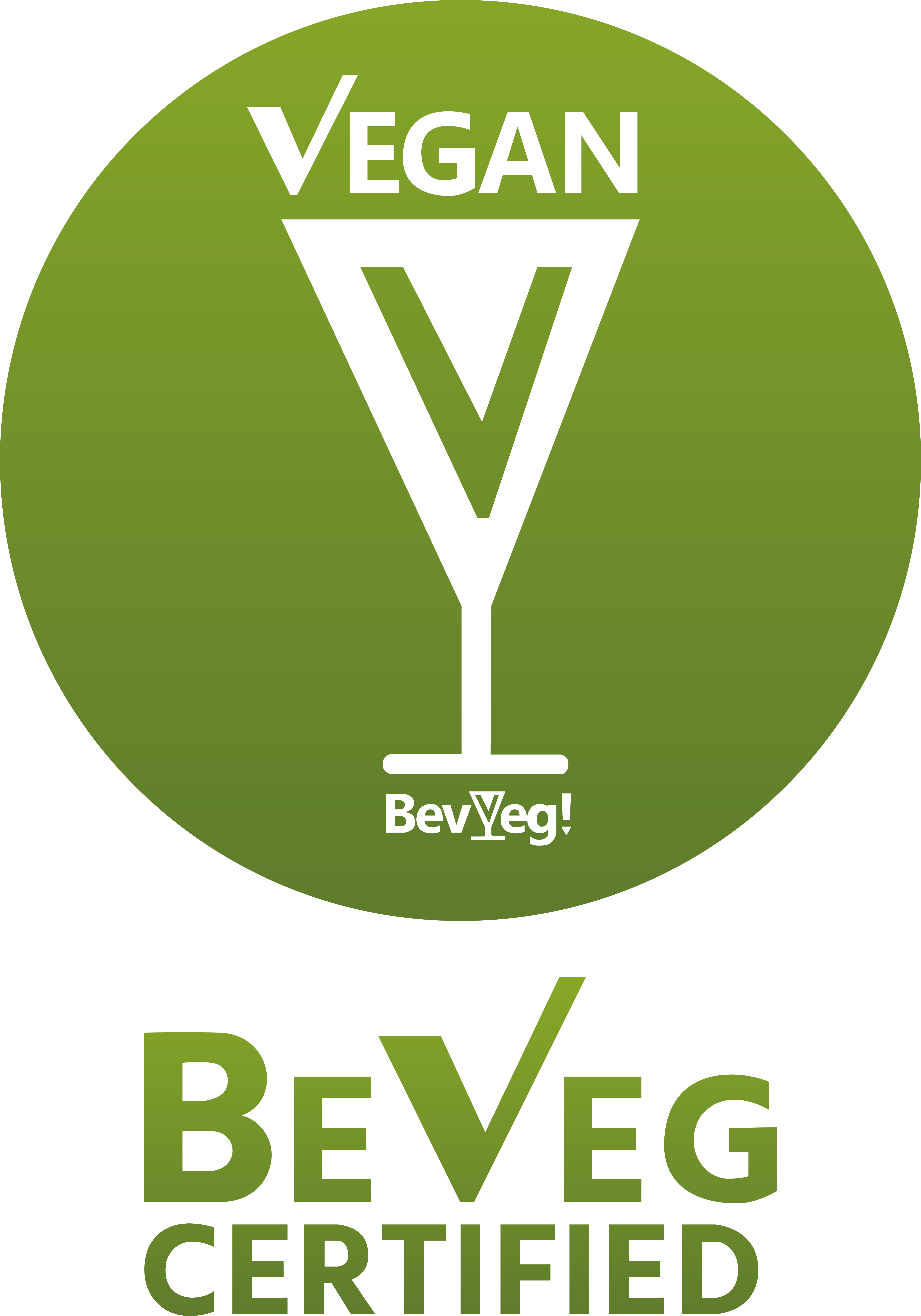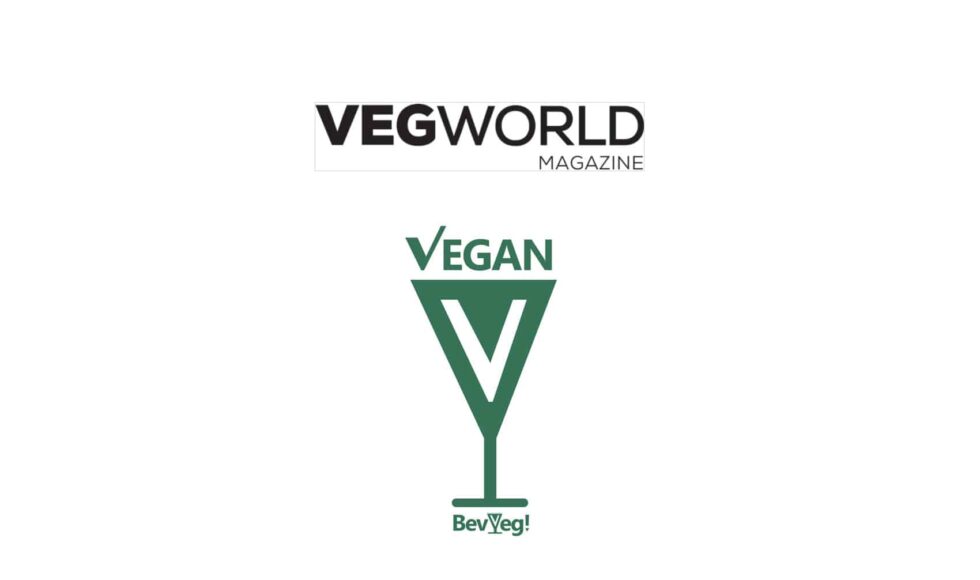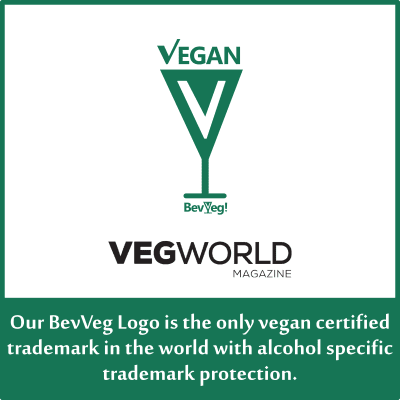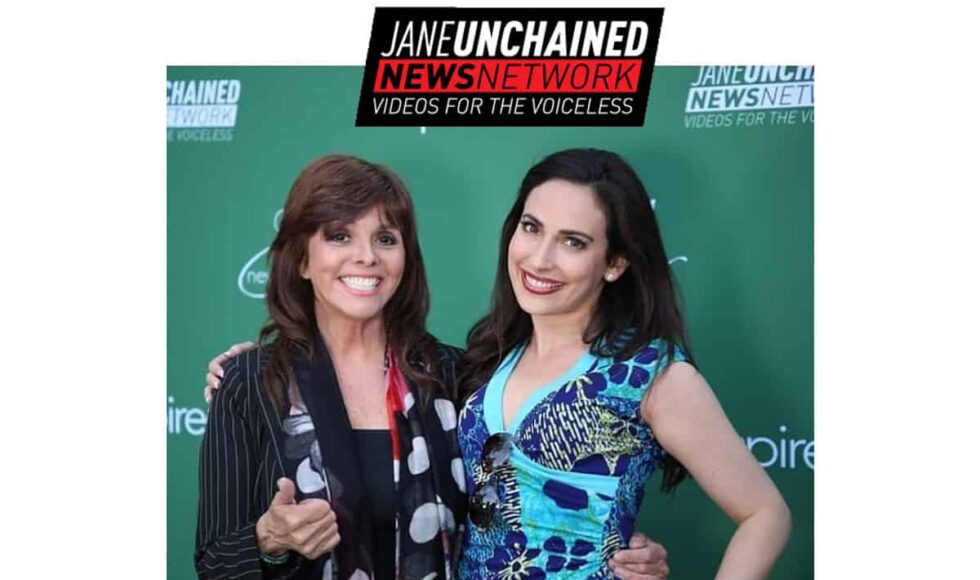Settled Millions
Truck Accident
Neck Injury/Surgery
Policy Limits Settlement
Palm Beach County
Settled Millions
Truck Accident
Neck Injury/Surgery
Policy Limits Settlement
Broward County
Settled Millions
Premises Liability
Neck/Back Injury
Policy Limits
Miami-Dade County
Settled Millions
Negligence
Neck/Back Injury
Policy Limits
Miami-Dade County
Settled Millions
Car Accident
Back Injury/Surgery
Policy Limits Settlement
St. Lucie County
Settled Millions
Motorcycle Accident
Traumatic Brain Injury
Policy Limits Settlement
Martin County
Settled Millions
Bicycle Accident
Leg amputation
Policy Limits Settlement
Palm Beach County
Settled Millions
Truck Accident
Fractures & Herniations
Policy Limits Settlement
Miami-Dade County
Settled Millions
Car Accident
Neck & Back Injury/Surgery
Policy Limits Settlement
Martin County
Settled Millions
Car Accident
Neck & Back Injury/Surgery
Policy Limits Settlement
Palm Beach County
Settled Millions
Car Accident
Neck & Back Injury/Surgery
Policy Limits Settlement
Broward County
Settled Millions
Car Accident
Neck & Back Injury/Surgery
Policy Limits Settlement
Miami-Dade County
Settled Millions
Motorcycle Accident
Fractures/Broken
Policy Limits Settlement
Palm Beach County
Settled Millions
Truck Accident
Fractures & Herniations
Policy Limits Settlement
Martin County
Settled Millions
Truck Accident
Neck Injury/Surgery
Policy Limits
Palm Beach County
Settled Millions
Truck Accident
Neck Injury/Surgery
Policy Limits
Miami-Dade County
Settled Millions
Truck Accident
Neck Injury
Policy Limits
Palm Beach County
Settled Millions
Truck Accident
Back Injury
Policy Limits
Broward County
Settled Millions
Truck Accident
Neck Injury/Surgery
Policy Limits
Palm Beach County
Settled Millions
Car Accident
Neck Injury
Policy Limits
Palm Beach County
Settled Millions
Car Accident
Wrongful Death
Policy Limits
Martin County
Settled Millions
Trip & Fall Premises
Spine Injury
Policy Limits
Miami-Dade County
Settled Millions
Slip & Fall Premises
Spine Injury/Surgery
Policy Limits
Palm Beach County
Settled Millions
Motorcycle
Neck
Policy
Palm
Settled Millions
Motorcycle Car Accident
Paralysis & Brain Injury
Policy Limits
Martin County
Settled Millions
Bicycle Accident
Head, Neck & Spine Injury
Policy Limits
Miami-Dade County
Settled Millions
Pedestrian Car Accident
Wrongful Death
Policy Limits
St. Lucie County
Settled Millions
Motorcycle Car Accident
Paralysis & Brain Injury
Policy Limits
St. Lucie County
Settled Millions
Bicycle Car Accident
Paraplegic/wheelchair
Policy Limits
Palm Beach County
Settled Millions
Car Accident
Paraplegic/wheelchair
Policy Limits
Broward County



